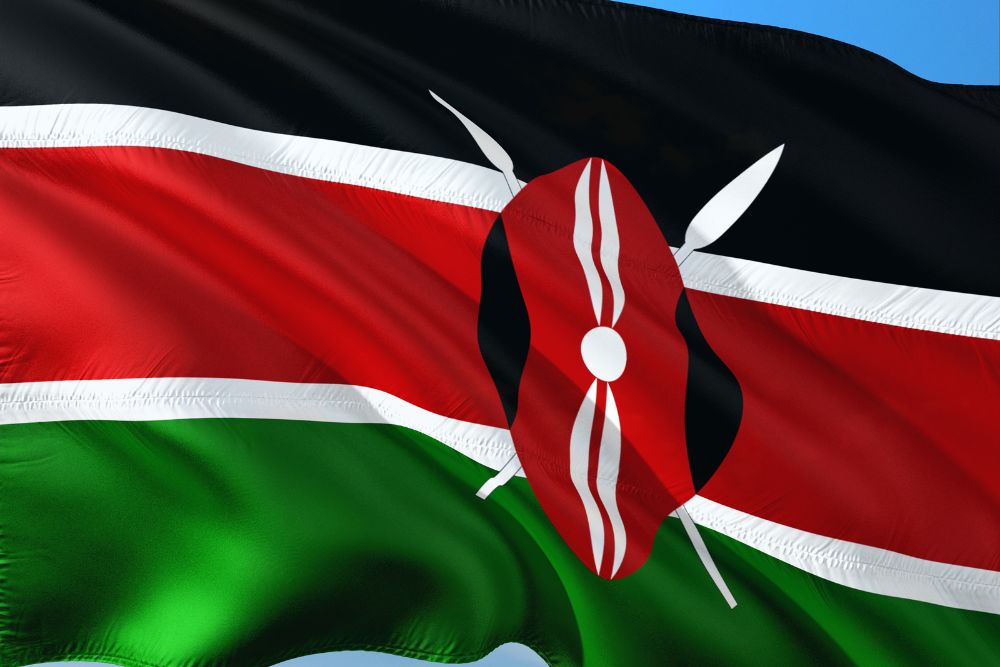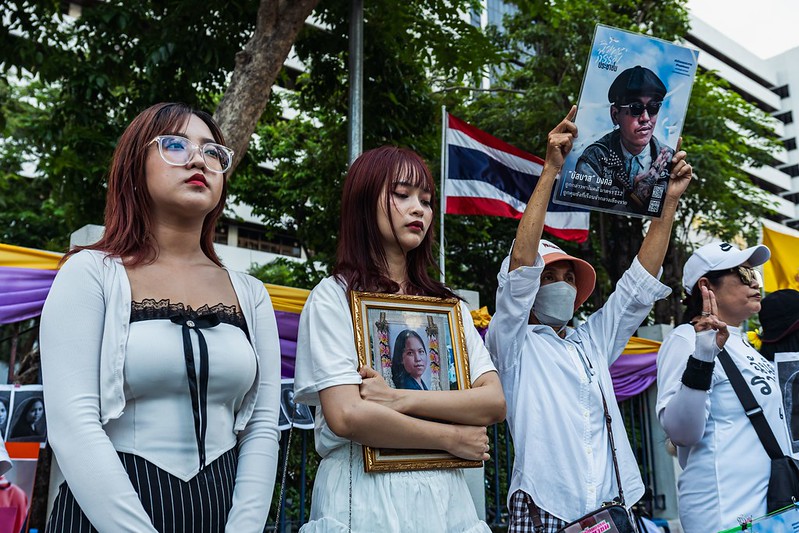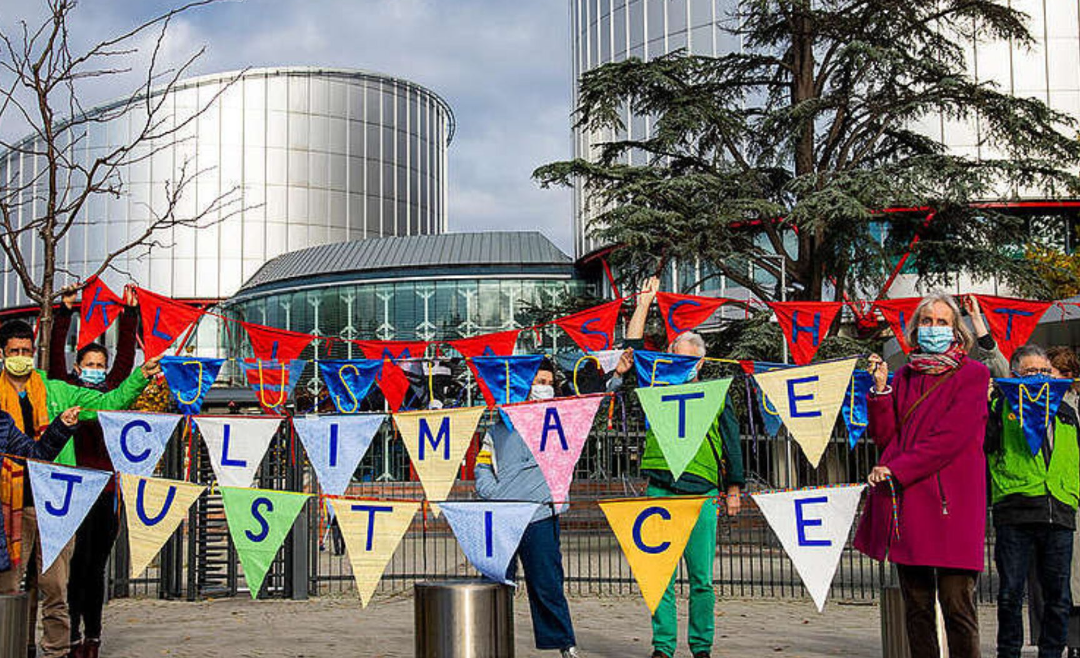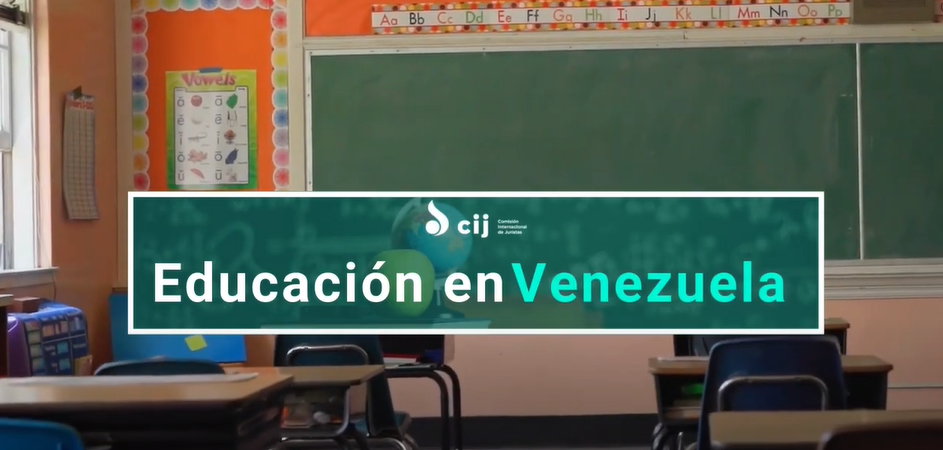
Jun 26, 2024 | Advocacy, News
The ICJ recalls that, under international law, security forces must respect the principles of necessity and proportionality and that the use of lethal force is only permissible when strictly necessary to protect life.

Jun 26, 2024 | Advocacy, News
The International Commission of Jurists (ICJ) welcomes the decision of a Philippine Regional Trial Court dismissing the last of several drugs-related charges brought against human rights defender and former Senator Leila de Lima, based on the prosecution’s failure to...

Jun 18, 2024 | Advocacy, News, Open letters
On 14 June 2024, the International Commission of Jurists (ICJ) joined several human rights organizations in expressing concern over the arbitrary use of criminal proceedings and detention to target human rights defenders, activists and protesters solely for exercising...

Jun 14, 2024 | Advocacy, Cases, News
The ICJ is concerned by the declaratory and non-binding decision of the National Council, the Swiss Parliament’s lower chamber, on 12 June 2024, inviting the Federal Council, the Swiss Government, effectively to ignore the landmark ruling of the Grand Chamber of the European Court of Human Rights (ECtHR) in the case of Verein KlimaSeniorinnen Schweiz and Others v. Switzerland.

May 30, 2024 | Informes, News, Publications, Thematic reports, Web Stories
In a report released today on the right to education in Venezuela, the International Commission of Jurists (ICJ) called on Venezuela to take immediate measures to reverse the sharp deterioration of the public education system over the past decade. The report, Hidden...









